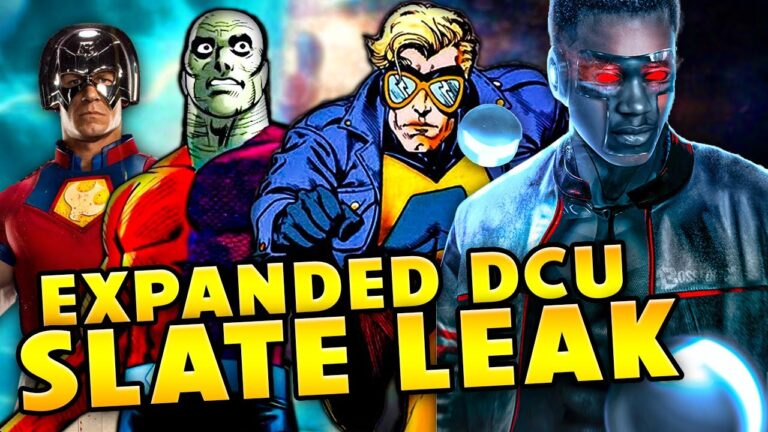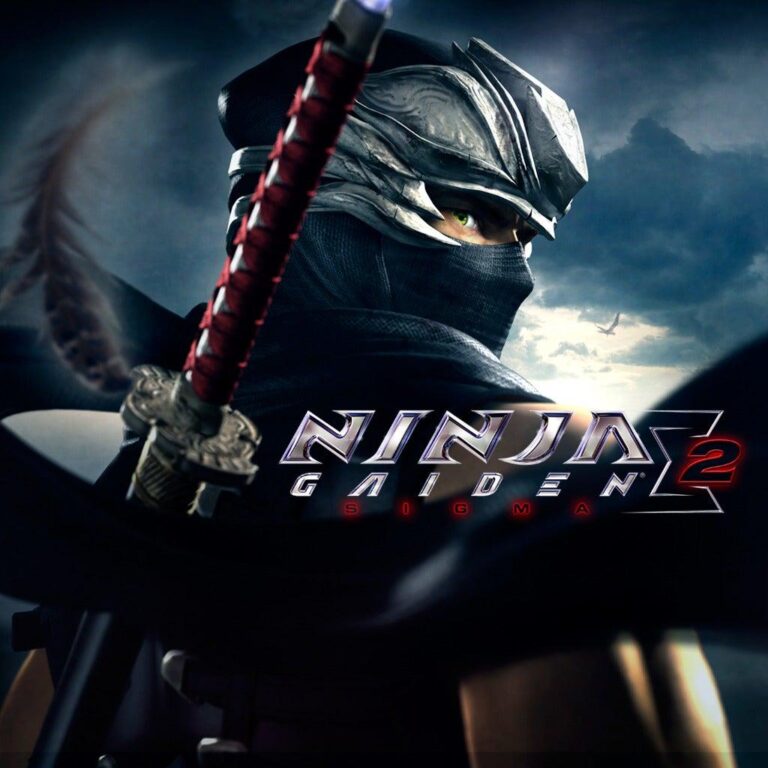
Thunderbolts and The Suicide Squad Shine in Their Own Unique Ways*2025

Marvel’s upcoming Thunderbolts and DC’s The Suicide Squad are two of the most captivating antihero teams in comic book film. By emphasising morally dubious characters who function outside of the conventional hero-villain framework, both teams provide a welcome break from conventional superhero stories. Even though comparisons are unavoidable, it’s critical to acknowledge that each person contributes something special.
Hidden Gems of One Piece
A Tale of Two Antihero Teams

Fundamentally, Thunderbolts and The Suicide Squad both examine themes of moral complexity, redemption, and unconventional teamwork. Especially under James Gunn’s direction, DC’s The Suicide Squad embraced its frantic energy, humour, and gritty violence to create a film that was both subversive and incredibly entertaining. In the meantime, Marvel’s Thunderbolts, which is anticipated to be a major addition to the MCU, will probably combine action, espionage, and interpersonal conflicts to create an exciting story.
As Yelena Belova, Florence Pugh gives an exceptional performance as a woman grappling with her past and a proficient assassin. The team’s quest for self-discovery is compelling because of the ensemble cast’s authenticity, which includes performances by Sebastian Stan and David Harbour.
The film is both exciting and thought-provoking because director Jake Schreier strikes a balance between intense action scenes and reflective moments. Son Lux’s stirring soundtrack and the film’s striking visual aesthetic heighten its emotional impact.
The Suicide Squad: Dark Humor and Reluctant Heroes

The Suicide Squad (2021) by James Gunn was a masterwork of striking a balance between dark humour and nuanced emotion. The movie humanised villains by showcasing their weaknesses and surprising bravery through characters like Bloodsport, Peacemaker, and Harley Quinn. In addition to delivering compelling action scenes and poignant moments that connected with viewers, it was not afraid to embrace absurdity—think Starro the Conqueror.
The Suicide Squad’s unreserved acceptance of uncertainty was what really made it stand out. The movie made it obvious that missions were lethal, stakes were high, and survival wasn’t assured, and no character was ever really safe. Even the most bizarre characters had substance and presence thanks to Gunn’s distinctive storytelling, which made the audience care about a talking shark (King Shark, we’re looking at you).
Thunderbolts: Espionage and Tactical Chaos

Given the nature of its characters, Marvel’s Thunderbolts will probably adopt a different strategy. According to rumours, the team will include characters with established MCU histories, such as Red Guardian, Bucky Barnes, and Yelena Belova. Thunderbolts will primarily focus on espionage, power struggles, and the challenges of working within (or against) authority, in contrast to The Suicide Squad, which was assembled for secret government missions.
Thunderbolts appears to be continuing Marvel’s tradition of emphasising character-driven stories. The movie could demonstrate the complexity of antiheroes in a wider interconnected universe by featuring profoundly flawed people looking for meaning beyond their pasts.
Why Both Matter

Instead of setting these two teams against one another, it’s important to acknowledge that viewers are exposed to both. Each has a unique tone and aesthetic that captures the essence of the movie world in which it is set. While Thunderbolts is positioned to elevate character-driven drama and tactical espionage, The Suicide Squad thrives on heedless violence and dark humour.
In the end, The Suicide Squad and Thunderbolts show how comic book storytelling has changed over time, demonstrating that heroes aren’t always cape-wearing and that sometimes the most compelling stories come from the morally dubious corners of the universe. What do you think? Which do you like better, Thunderbolts’ more calculated approach or The Suicide Squad’s chaotic energy?
Conclusion

The Suicide Squad and Thunderbolts both present distinctive takes on the superhero genre by prioritising character growth and emotional nuance over conventional spectacle. The Suicide Squad offers a thrilling and humorous adventure, while Thunderbolts offers a more dramatic and introspective story. When taken as a whole, they demonstrate the variety of narrative options available in the superhero movie genre.






